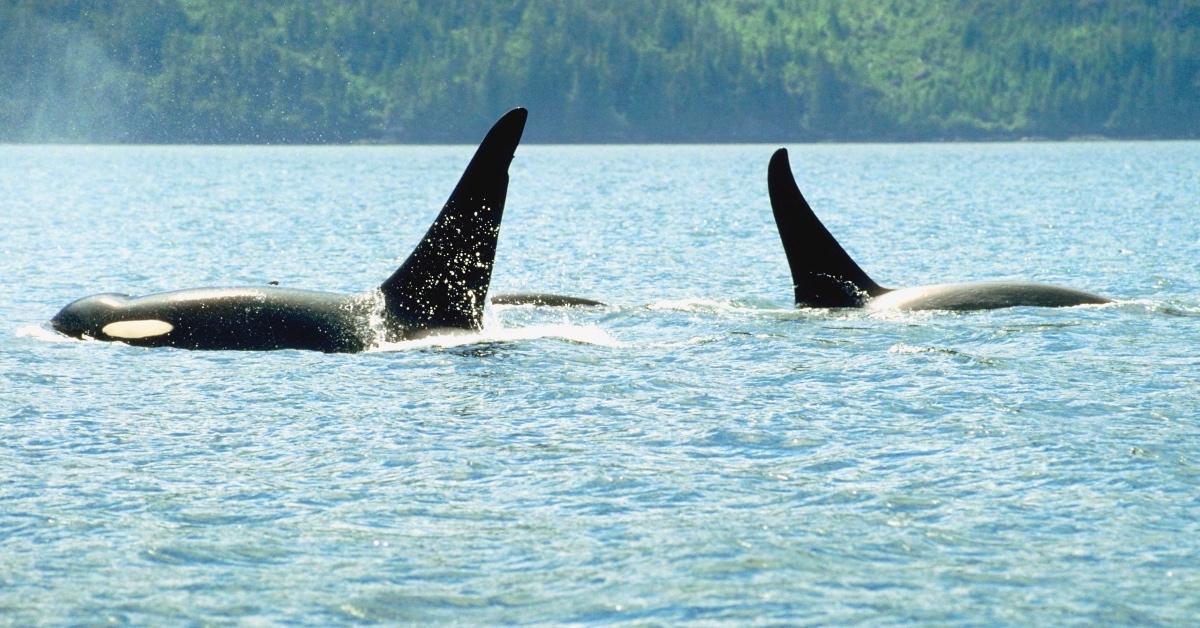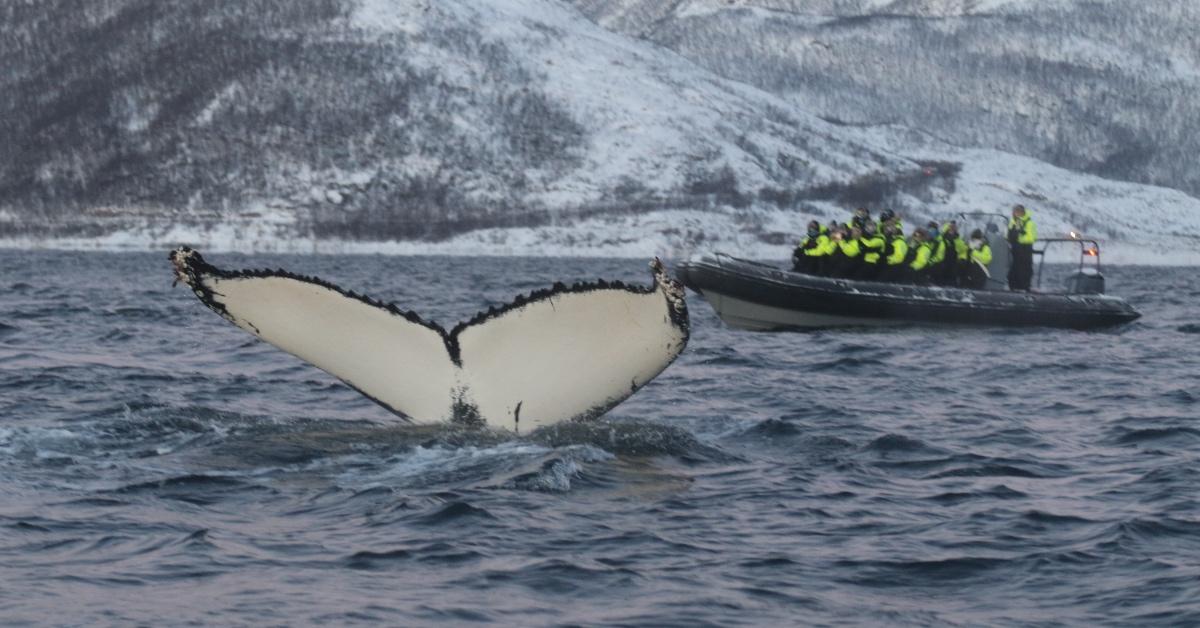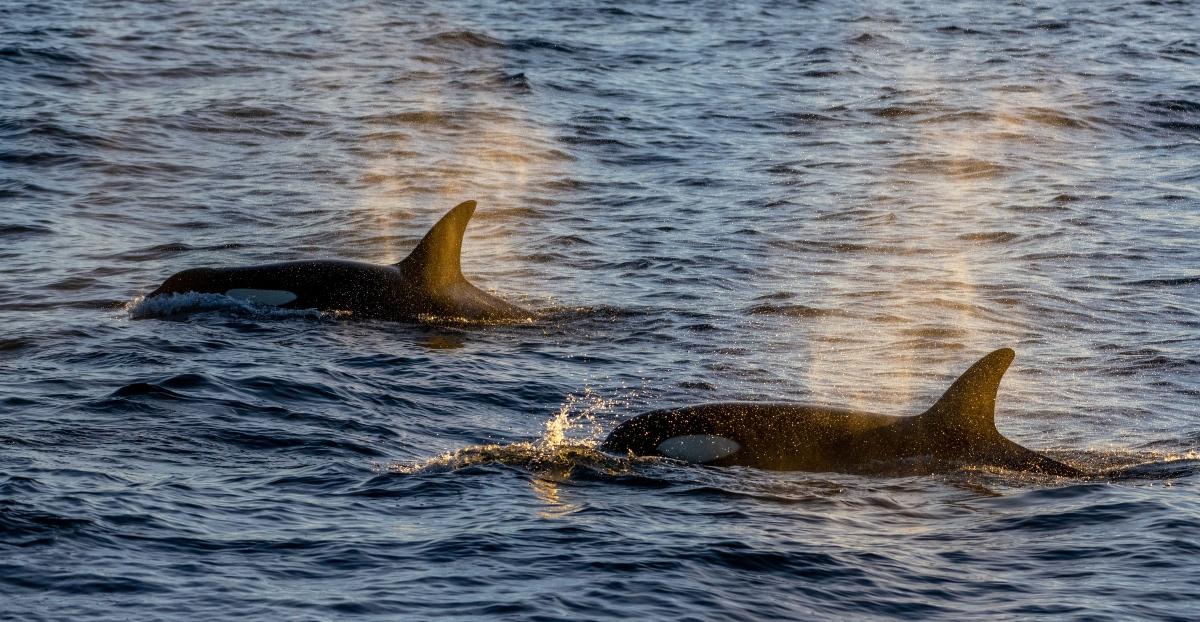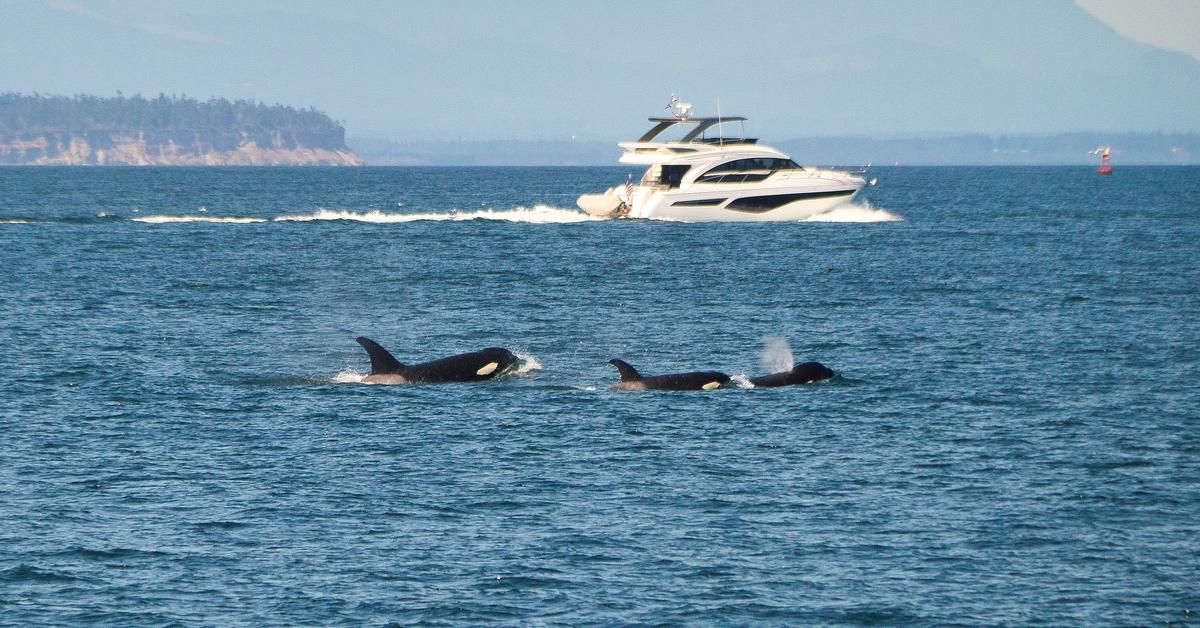Orcas Continue Sinking Yachts in the Strait of Gibraltar — Details Here
Orca whales have exhibited a curious behavior of targeting and sinking yachts near the Iberian Peninsula.
Updated July 29 2024, 9:28 a.m. ET

When reports began to surface that orca whales were attacking boats near the Iberian Peninsula, many people on the internet responded with surprise. Although pollution affects every aspect of marine life, humanity has dismissed the idea that creatures would fight back against the repeated destruction of their natural habitat.
Researchers have begun studying the fascinating phenomenon of orcas attacking boats, but the million-dollar question remains: why? Here's everything you need to know about this behavior, plus the orca that may have started the phenomenon.

Why are orcas attacking boats?
According to Business Insider, reports that orcas were attacking boats and sailboats began in May 2020. By 2024, researchers have documented "hundreds" of incidents of orcas colliding with boats, following the same pattern of behavior: swimming to the back of the ship and hitting the rudder until the boat stops entirely.
Researchers have theorized several reasons why orcas are attacking boats.
The first theory suggests that other orcas are following the lead of one orca in particular, who may have been previously traumatized by a boat collision or tangled in illegal fishing nets, reports Live Science.
Biologist Alfredo López Fernandez explains, "The orcas are doing this on purpose, of course, we don't know the origin or the motivation, but defensive behavior based on trauma, as the origin of all this, gains more strength for us every day."

Boat captain Werner Schaufelberger told the German magazine Yacht that on May 4, 2023, his sailing yacht was dismantled and ultimately sunk in an hour by three orcas led by a matriarch he nicknamed White Gladis. "There were two smaller and one larger orca," he said. "The little ones shook the rudder at the back while the big one repeatedly backed up and rammed the ship with full force from the side."
Speaking of White Gladis, in May 2024, scientists with the research group GTOA have now dubbed a sub-species of orcas of roughly 15 as "Gladis" and believe these orcas to be the primary source of the attacks, especially after a quote by biologist Fernandez went viral for suggesting a "traumatized orca" had launched the attacks on boats, per the BBC.
On May 14, 2024, these orcas sunk another yacht. The passengers, a couple, were rescued by Spanish maritime safety officials.

In July 2024, orcas have shown no signs of stopping their antics. A pod of orcas sank another yacht two miles off Camarinal Cape between Tarifa and Barbate. According to Newsweek, British citizen Robert Powell and two others sailors had to be rescued on July 24 by Spanish coastguards after orcas buffeted the boat and disabled the steering.
The other reason orcas attack boats is more straightforward: they could be playing. According to Live Science, the behavior could be a "fad" or a behavior started by one or two creatures imitated by the rest of the group before being abandoned.
Deborah Giles, an orca researcher at the University of Washington, said, "They are incredibly curious and playful animals and so this might be more of a play thing as opposed to an aggressive thing."
If people worry that orcas attacking boats will become widespread, they shouldn't. Business Insider noted in 2023 that the amount of orcas around the Iberian Peninsula is an estimated 39, and it's unlikely that the behavior may spread to other orca populations around North America due to different ecotypes. Some orcas are much less social than others and, therefore, unlikely to pass on the behavior.

Regardless of how you feel about orcas, one thing is for sure: when climate change brings people and animals into conflict, typically, the animals suffer for it. Click here to learn more about what you can do to volunteer for the planet and care for your community.
This article, originally published on June 6, 2023, has been updated.